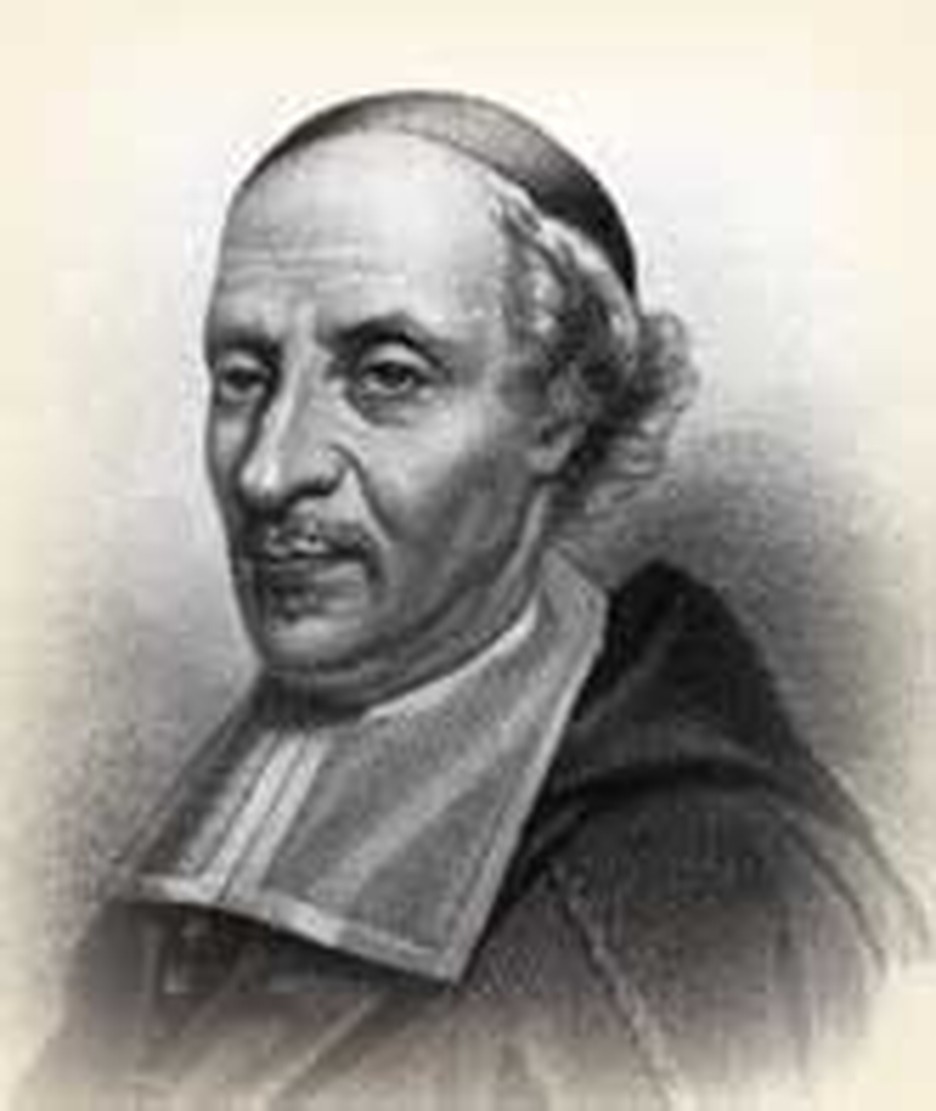
When Francois Laval landed in Canada in 1659, there were only about 3,000 Frenchmen in the Colony. Sent from France as a Vicar Apostolic, his job was to bring about the evangelization of the land and administer the church. At times, King Louis XIV even appointed him to governmental duties, such as sitting on the council which administered Canada.
It is well that Francois was a man of great patience. His appointment to Canada had been delayed while France and the Vatican wrestled over issues of authority. He had to wait several more years to assume his position as Bishop of Quebec while similar squabbles continued. During his many years as bishop, he found himself at odds with French traders (and sometimes the Quebec governors) who wanted to sell alcoholic drinks to native Americans. Francois considered these sales immoral because of the devastating effect alcohol had on most Indians. Another source of distress to the bishop was the system of tithes. The governor took sides with the people who refused to pay the sums desgnated by the king.
Francois' dream was to establish a seminary. Canadians needed a supply of priests for the parishes which were growing in number under Francois' diligent administration. Visiting Paris, he obtained authorization for this school. On March 26, 1663, an ordinance published in Paris founded the seminary. Francois aggressively built and funded the new school, even giving all of his own property to its support. For decades, it was the center of Canada's religious life. Before long, he added a "little seminary" for training younger students and selected native American youth.
The seminary was Francois' place of retreat until his death. Francois' health weakened when he reached sixty. He resigned as bishop. Then the seminary, which had been a joy to him, became a source of pain. The man who replaced him, Abbe Saint-Vallier, made changes in the relationship between the seminary and the parishes. Francois protested these changes, which made the seminary less important to the administration of the Canadian church. Saint-Vallier barred him from Canada for a while. Francois was only allowed to return after giving a solemn promise not to interfere.
He was such a man of honor that he kept his word; and he was so saintly that he actively sought reconciliation. Saint-Vallier trusted him so much, that, during his long absences, he left the affairs of the Canadian church in Francois' hands. Francois spent his last days at the seminary, having many long talks with the students. Twice he saw the school burn. Each time it was rebuilt.
Francois died in 1708. But his seminary lived on. It became Laval University. It still has importance for Christian work. Today, Protestant and Catholic missionaries train there for work in Africa and other foreign fields where France has been influential.
Resources:
- "Bishop Laval." The Makers of Canada. London and Toronto: Oxford University Press, 1928.
- Vachon, Andre. "Laval, Francois de." Dictionary of Canadian Biography, edited by David M. Hayne. University of Toronto, 1969.
- Various internet and encyclopedia articles.



